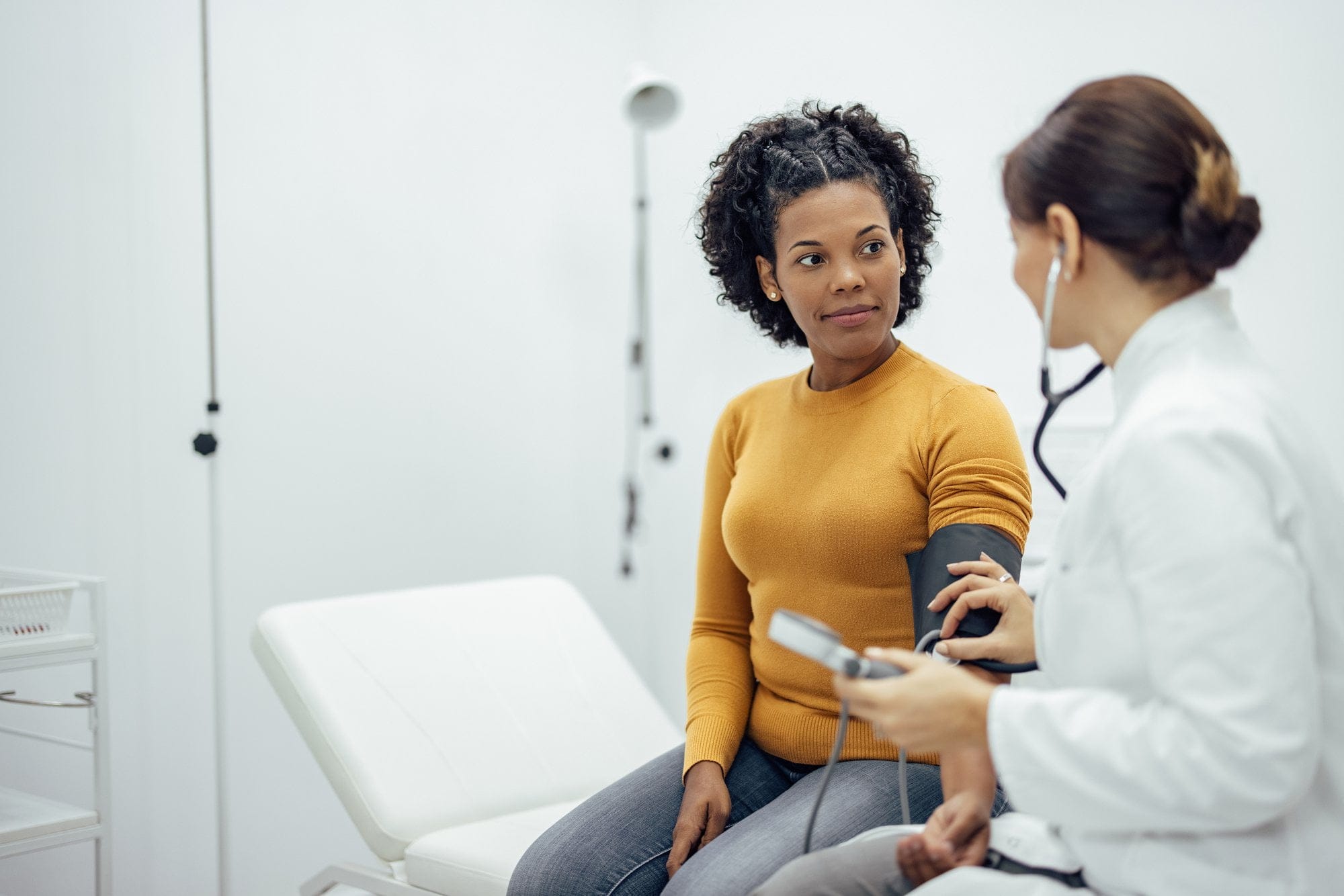Prioritizing Preventive Care: A Radiation Oncologist’s Perspective
Cancer has impacted all of us—whether ourselves or loved ones. Too often, parenting’s demands lead to shirking lifesaving screenings, but evidence supports preventive approaches. Dr. Jessica Frakes, a radiation oncologist at Moffitt Cancer Center, promotes early screening so that parents are best positioned to enjoy many years of living life alongside their children.
Primary Care
Annual visits with primary care physicians (PCPs) are essential. “Electronic medical records prompt PCPs when patients are due for tests like mammograms, pap smears and colonoscopies,” says Frakes. PCPs can also talk to patients about updated screening guidelines. Screening, looking for cancer while patients are asymptomatic, is significant.
“For high-risk patients, we’re intense with screenings to prevent late-stage cancers and intervene when cure rates are high,” says Frakes. For example, women with BRCA1 and BRCA2 gene mutations have an increased risk for breast and ovarian cancers. Early screening enables physicians to make decisions about preventive surgery.
Listen
Women of child-bearing years comprise the smallest percentage of Frakes’ patients. Yet, she’s witnessed pronounced increase of early onset cancers. “Don’t brush things off like, ‘I just had a baby so it must be hemorrhoids,’” Frakes says.
Patients have distinct stories, and factors like age, family history and genetic predispositions should be considered when scheduling screenings. Some of Frakes’ most successful patients screened younger than guidelines: They listened to their bodies, advocated for themselves and took control of their healthcare.
Caring for patients with young children, especially with dark prognoses, is the most difficult aspect of Frakes’ role. “It gets to me, but improving components of their care is rewarding.” Creating treatment plans that help preserve fertility proves complicating.
Frakes, whose grandmothers were diagnosed with breast and lung cancer, chose oncology because of relationships. “Being part of patients’ journeys—the hardest they’ll experience—drew me to cancer care.” Noting the mental, emotional and physical toll cancer takes on patients and their families, Frakes advocates for ongoing research in screening.
Path Forward
Frakes spearheads numerous clinical trials, such as one that looks at personalizing radiation therapy for GI cancers. She explains that liquid biopsies and cell-free DNA tests, which originated with high-risk pregnancies and screen for genetic alterations, are on the horizon for predicting cancer mutations in blood with the premise that blood tests detect cancer before scans.”
Studies are also investigating whole body MRIs and low dose CT scans, which risk false positives and negatives. Although these scans are regularly advertised, Frakes cautions against cost prohibitive imaging that may lead to additional, anxiety-provoking tests despite findings with no clinical significance.
Home tests, like ones for colorectal cancer, may also prove costly. Frakes advises that, while insurance may cover them, patients may pay out-of-pocket if those tests prove inconclusive and require a colonoscopy from a gastroenterologist: “Colonoscopy remains the gold-standard.”
Free risk stratification tools exist online, including The Gail Model and the Tyrer-Cuzick Risk Assessment Calculator, both aimed at determining the probability of developing breast cancer. Frakes encourages scheduling mammograms at age 40—or younger, depending on family history.
Based on HPV status and vaccination, regular pap smears are essential. “Women must consult guidelines from the American Cancer Society and take control of their preventive care.”
Wholeness
Frakes has noted that patients who make lifestyle changes along with medical treatment see improved outcomes. “Health is about both mind and body,” she says. “When patients focus on areas of life within their control, like balanced nutrition, they feel empowered.”
While there’s excitement around numerous diets like plant-based or Whole30, Frakes supports an everything-in-moderation approach. “Spending time with my family, and focusing on the present, helps me keep life balanced.” Acting on the knowledge that tomorrow isn’t guaranteed is consequential to living wholly today.
To Do:
Skin
Our body’s largest organ has the nation’s most prevalent cancer rate. Characteristics like fair skin, light eyes, moles and family history increase likelihood. Sunscreen, protective clothing and dermatologist visits are must-dos.
Breast
Use the Gail Model and Tyrer-Cuzick Risk Assessment Calculator as springboards for conversations with your physicians. Make time for navigating referrals and schedule mammograms.
Cervical
Consult your physician about testing options. Women ages 30-65 may opt for co-testing, which includes an HPV and Pap test. The latter finds cervical precancer.
Colorectal
Schedule a colonoscopy for your 45th birthday—sooner contingent on family history. Since colorectal cancer mainly develops from precancerous polyps, screening tests are of paramount importance.
Life’s tough, rewarding work—parenting—demands parents’ good health.
Originally published in the May 2024 issue of Tampa Bay Parenting Magazine.


